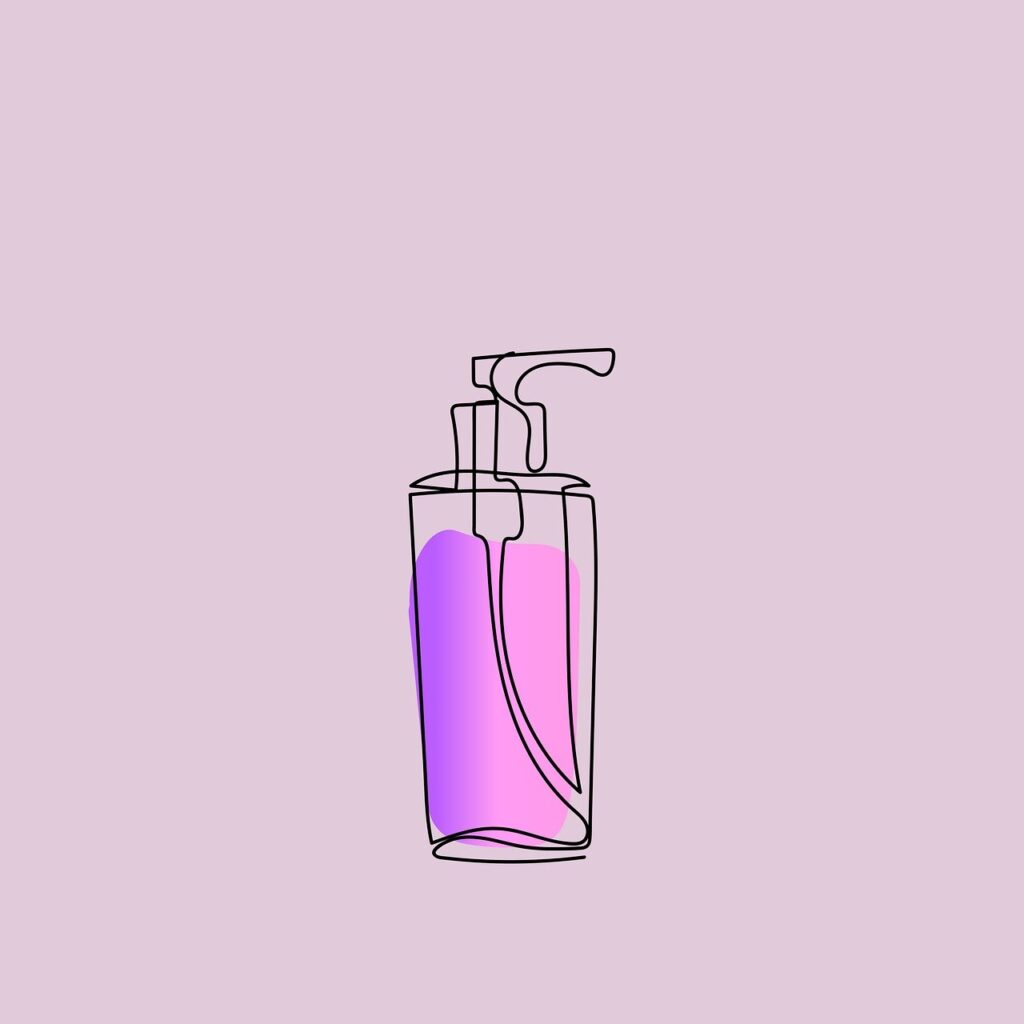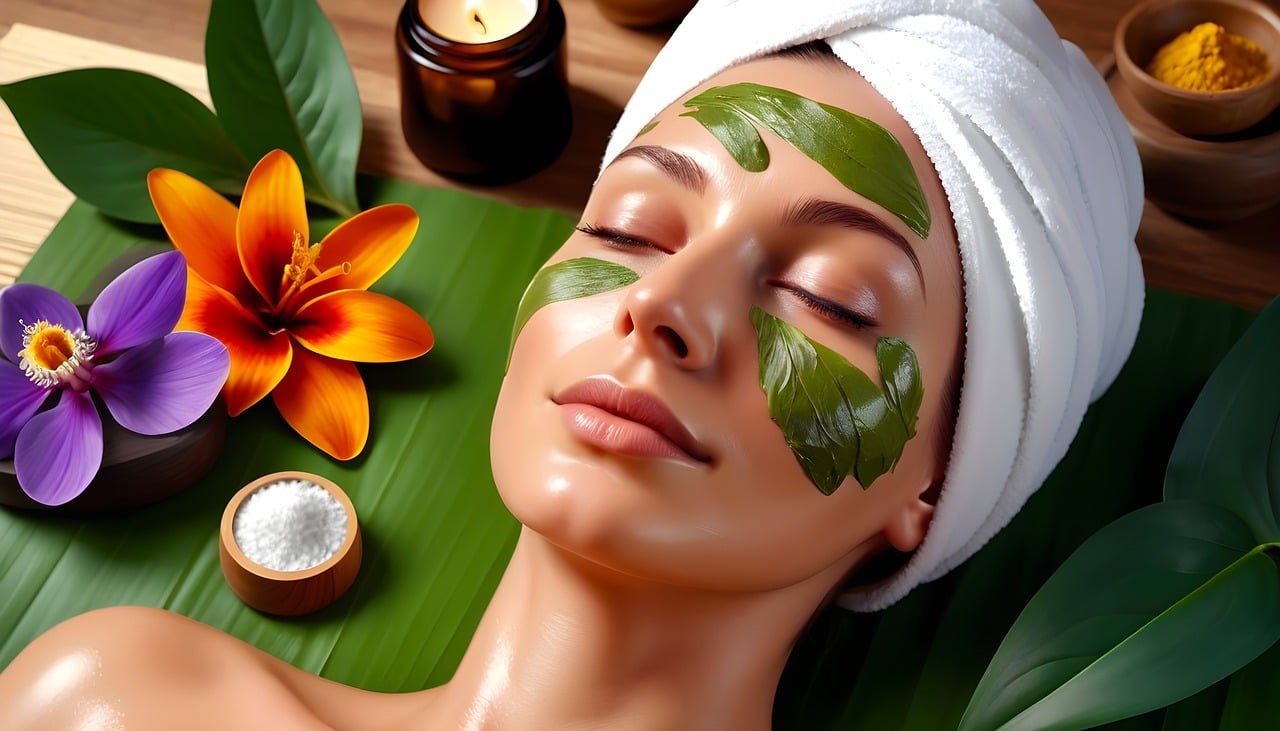Have you ever wondered what the best way to tackle acne scars might be? They can feel like stubborn relics of past battles with your skin, etching memories onto your face that you’d much rather forget. But worry not; you’re not alone, and there’s always a way forward. With an endless array of ingredients promising miracles, it can be daunting to find the right solution for your skin. Let’s journey through the world of skincare to unearth the most effective ingredients you can use to bid farewell to acne scars.
Understanding Acne Scars
Acne scars are often a reminder of battles fought on your skin’s frontline, where inflammation once reigned. They occur when the skin tissue is damaged, resulting in permanent textural changes. Understanding the types of scars you’re dealing with is crucial in selecting the right ingredient.
Types of Acne Scars
To effectively address acne scars, it’s helpful to know what type you’re targeting. Acne scars can generally be categorized into two types: atrophic and hypertrophic. Atrophic scars often manifest as indentations in the skin, while hypertrophic scars appear as raised areas.
| Type | Description |
|---|---|
| Atrophic Scars | Indented scars that sit below the surrounding skin |
| Hypertrophic Scars | Raised scars that linger above the skin’s surface |
Key Ingredients for Treating Acne Scars
Now that you have a clearer picture of what you’re dealing with, let’s dive into the heart of the matter: the ingredients that promise to help you on your journey to clear skin. These ingredients have been shown to play a significant role in reducing the appearance of acne scars.
Retinoids
Retinoids are a class of ingredients derived from vitamin A. They’re renowned in the skincare world for their ability to promote cell turnover, boost collagen production, and even out skin tone. Retinoids can be a powerful tool in your arsenal against acne scars, particularly atrophic scars.
Benefits of Retinoids
- Increased Cell Turnover: Encourages new skin cell growth, reducing the depth and severity of scars.
- Boosts Collagen: Helps in regenerating skin, thereby filling in indented scars.
- Improves Skin Tone: Regular use can lead to a more even complexion, reducing pigmentation issues.
Vitamin C
This powerhouse antioxidant does more than brighten your day; it also brightens your skin while protecting it from free radicals. Vitamin C can significantly lighten hyperpigmented scars, making it an essential part of your scar-fighting toolkit.
Benefits of Vitamin C
- Reduces Hyperpigmentation: Lightens dark spots and evens skin tone.
- Antioxidant Protection: Shields skin from environmental damage that could exacerbate scars.
- Collagen Production: Like retinoids, Vitamin C helps stimulate collagen, which aids in scar repair.
Alpha Hydroxy Acids (AHAs)
AHAs are water-soluble acids often derived from fruits. They’ll help you shed those dead skin cells, revealing fresher, more even-toned skin below. They’re particularly effective at smoothing out minor scars and skin irregularities.
Benefits of AHAs
- Exfoliation: Sloughs off dead skin cells, promoting a brighter appearance.
- Improves Skin Texture: Assists in smoothing out uneven skin, lessening the appearance of scars.
- Enhances Product Penetration: Prepares your skin to better absorb other ingredients.
Salicylic Acid
A beta hydroxy acid, salicylic acid is ideal for oilier skins prone to acne. It penetrates deeply into the pores, cleaning them out and reducing the occurrence of new acne, which can prevent further scarring.
Benefits of Salicylic Acid
- Deep Pore Cleansing: Penetrates and cleans out clogged pores.
- Reduces Inflammation: Calms aggression that can lead to further scars.
- Improves Skin Texture: Softens the appearance of existing scars.
Niacinamide
Niacinamide is a form of vitamin B3 that offers a wide array of benefits for the skin. If your scars are on the red or inflamed side, niacinamide could be your savior. It’s known to soothe inflammation and improve skin color uniformity.
Benefits of Niacinamide
- Anti-Inflammatory: Reduces redness and inflammation around scars.
- Improves Texture and Tone: Helps fade pigmentation marks.
- Supports Skin Barrier: Enhances skin’s moisture barrier, promoting healing.
Hyaluronic Acid
While not directly scar-repairing, hyaluronic acid is the hydration hero your skin craves. It ensures your skin remains plump and moisturized, which is vital when you’re tackling healing and repair.
Benefits of Hyaluronic Acid
- Promotes Hydration: Keeps skin moisturized, aiding in the scar healing process.
- Enhances Skin Plumpness: Provides the skin with a smoother, softer appearance.
- Works with Other Ingredients: Allows other active ingredients to work more effectively.
How to Use These Ingredients in Your Routine
Understanding which ingredients to use is only half the battle; the other half is knowing how to incorporate them into your routine effectively. Each of these ingredients can be found in various forms—serums, creams, toners—and timing makes all the difference.
General Guidelines
- Patch Test: Before introducing any new ingredient, conduct a patch test to avoid adverse reactions.
- Start Slow: Begin with lower concentrations to see how your skin adapts.
- Build Gradually: Gradually introduce these active ingredients into your routine to avoid irritation.
Morning Application
- Cleanser: A gentle cleanser to prep your skin.
- Vitamin C Serum: Incorporate this for antioxidant protection and brightness.
- Moisturizer: Layer a hydrating moisturizer over your serum.
- Sunscreen: Never skip this! Protects against UV damage that can worsen scars.
Evening Application
- Cleanser: Remove makeup and impurities.
- Retinoid: Start a few nights a week, building up as your skin tolerates.
- Niacinamide Serum or AHA: Alternate with retinoids based on how your skin responds.
- Moisturizer: Seal in hydration and active ingredients.
Combining Ingredients: What to Watch For
Mixing different ingredients in a routine can be immensely beneficial, but some ingredients interact better than others. Knowing what you can combine will help you optimize your skin’s healing journey.
Ideal Combinations
- Vitamin C and Sunscreen: Provides ultimate protection and enhances vitamin C’s efficacy.
- Niacinamide and Hyaluronic Acid: Double up on hydration and soothing capabilities.
- Retinoid with Niacinamide: Reduces irritation typically associated with retinoid usage.
Combinations to Avoid
- Retinoids with AHAs/BHAs: May cause excessive irritation if used together.
- Vitamin C and Retinoids: The pH difference might reduce effectiveness or cause irritation.

Why Consistency is Key
You might notice minor improvements after your first few weeks of using these ingredients, but patience is crucial. The skin regeneration process takes time, usually three to six months for visible results. Consistent application as part of your skincare regimen is essential for long-lasting effects.
Lifestyle Considerations
While topical treatments are pivotal, your lifestyle choices also play a significant role in healing. Consider these practices to bolster your efforts from the inside out.
Healthy Diet
A diet rich in antioxidants, omega fatty acids, and vitamins nurtures your skin from within. Incorporate vegetables, fruits, fatty fish, and nuts for radiant skin.
Hydration
Drink plenty of water to keep your skin hydrated from the inside. Hydration supports skin elasticity and regeneration processes.
Stress Management
Stress can exacerbate acne and its aftermath. Practice stress-reduction techniques such as meditation, yoga, or deep breathing exercises to support your skin’s healing journey.

When to Seek Professional Help
In some cases, topical treatments alone might not yield the results you’re hoping for. If your scars are severe or not improving, consulting a dermatologist for professional treatments might be necessary.
Treatment Options
- Chemical Peels: Help to exfoliate and improve skin texture.
- Laser Therapy: Reduces indentations by stimulating new collagen.
- Microneedling: Enhances collagen production to smooth out scars.
Conclusion
Navigating the landscape of skincare can sometimes feel like wandering through an intricate maze, filled with twists and turns. But by identifying and using the right ingredients, you’re not just seeking to vanish the scars, you’re embarking on a journey that enriches your relationship with your skin. Remember, the path to clearer skin is not a sprint but a marathon, one that requires time, patience, and a little bit of love for your ever-unique self.
So, are you ready to embark on the quest toward smoother, healthier skin? With this newfound knowledge, let your skincare routine become a celebration of your skin’s resilient beauty, and may it restore your confidence in every smile and expression you wear.


